Frugal is such an ugly word
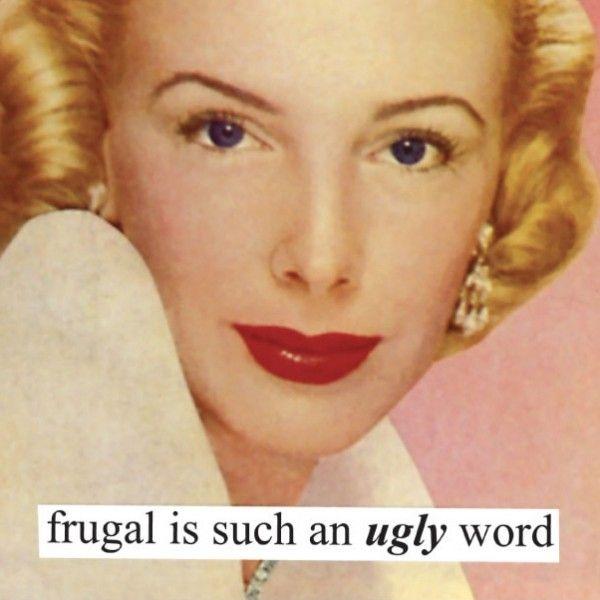
Frugal is such an ugly word
The word "frugal" often carries a negative connotation in today's society. It is often associated with being cheap, stingy, or even miserly. People may view those who are frugal as being unwilling to spend money, even when it is necessary or beneficial to do so. This negative perception of frugality can lead to feelings of shame or embarrassment for those who practice it.In a culture that values material possessions and consumerism, being frugal can be seen as going against the norm. People may feel pressure to keep up with the latest trends and spend money on things they don't necessarily need in order to fit in or appear successful. In this context, being frugal can be seen as unattractive or undesirable.
The word "frugal" itself can also be seen as unappealing. It has a harsh, almost harsh sound to it that can evoke feelings of austerity or deprivation. The word lacks the elegance or sophistication of other terms like "thrifty" or "economical". It can sound judgmental or critical, as if someone who is frugal is somehow lacking in generosity or abundance.
However, being frugal is not necessarily a negative trait. In fact, it can be a valuable skill that can lead to financial stability and security. Being frugal means being mindful of how you spend your money and making intentional choices about where to allocate your resources. It can help you save for the future, avoid debt, and live within your means.
Instead of viewing frugality as ugly, we should reframe it as a positive and empowering quality. Being frugal can be a form of self-care, allowing you to prioritize your needs and values over fleeting material possessions. It can also be a way to live more sustainably and reduce your impact on the environment.

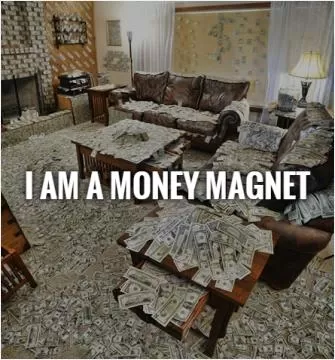
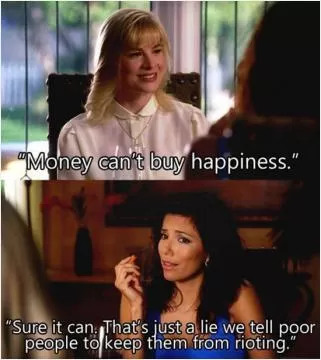
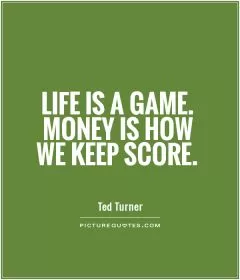
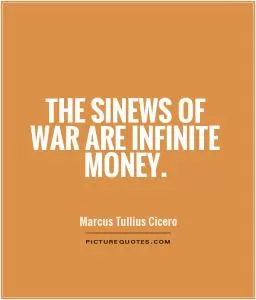
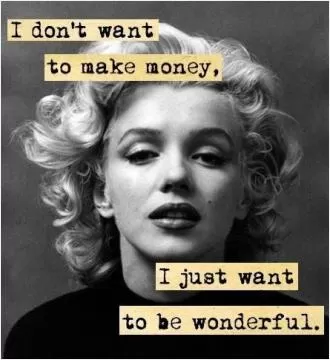
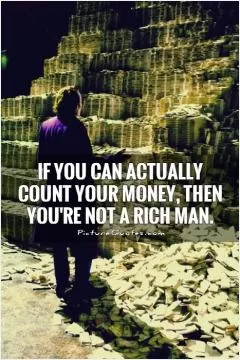


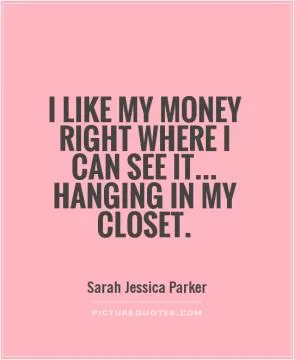


 Friendship Quotes
Friendship Quotes Love Quotes
Love Quotes Life Quotes
Life Quotes Funny Quotes
Funny Quotes Motivational Quotes
Motivational Quotes Inspirational Quotes
Inspirational Quotes